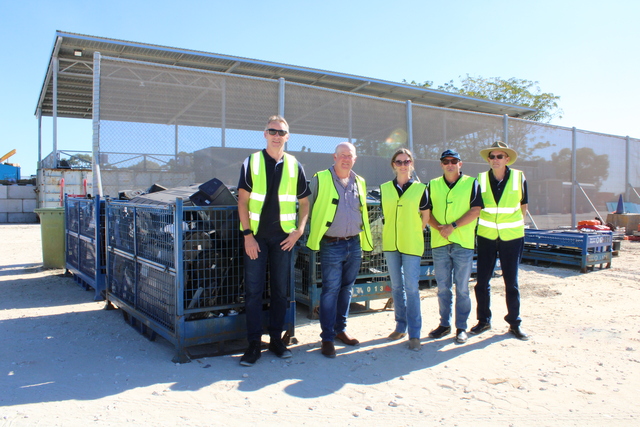At the Australian Customer Service Awards in 1998, the then Chief Executive of Qantas, James Strong, commented to FOCUS how well Local Government had done with six of the 18 finalists being Councils. It was Wollongong City Council that took out the coveted Qantas Special Award for Outstanding Customer Service, with both Brisbane and Melbourne City Councils receiving High Commendations.
When it was pointed out by FOCUS ‘that if Local Government couldn’t win customer service awards then who could?’ James Strong concurred. He agreed that, as the sphere of government closest to the coalface in meeting the day to day needs of residents, customer service is paramount to Councils.
Most Councils have put extensive time and effort into improving customer service and introducing new technology to increase avenues and speed up response times when residents and ratepayers need to interact with Council.
Dedicated customer service staff are now clearing a large proportion of queries at this first point of contact.
Long gone is the outmoded bureaucratic ethos where residents and ratepayers were often seen as a nuisance.
In a metamorphic turnaround over the past decade, Councils readily adopted a number of new management approaches. This included a stronger emphasis on customer service, an approach firmly entrenched in private sector operations.
Like their private sector counterparts, Councils strode enthusiastically down the road towards greater efficiency and effectiveness. Best practice via quality service at the best price became second nature.
However, at the same time, Councils are very aware that they differ in a number of respects to the private sector. This includes less emphasis on the profit motive; that residents are actually constituents rather than customers; and Local Government is largely a monopoly with people having little option to ‘shop’ elsewhere, unless of course they move house!
It is interesting that recent studies are indicating that many of the large private sector operators, namely banks, insurers, telecommunications, large retail operators and so forth, have moved so zealously down the path of downsizing and greater efficiencies through new technologies, that they have lost sight of their primary focus – their customers.
With people information rich and time poor, they do not want to wait on a phone queue or be selecting menu options that pass them from one set of instructions to another or message bank to message bank, they simply want someone to answer their query. In banks and retail stores, they just want someone to serve them and to avoid long queues.
The private sector may have cut costs by reducing staff numbers but it seems they are now losing out in respect to their customer relations. Councils should take heed of this and keep on ensuring their emphasis stays firmly on what they do best – delivering quality customer service.







